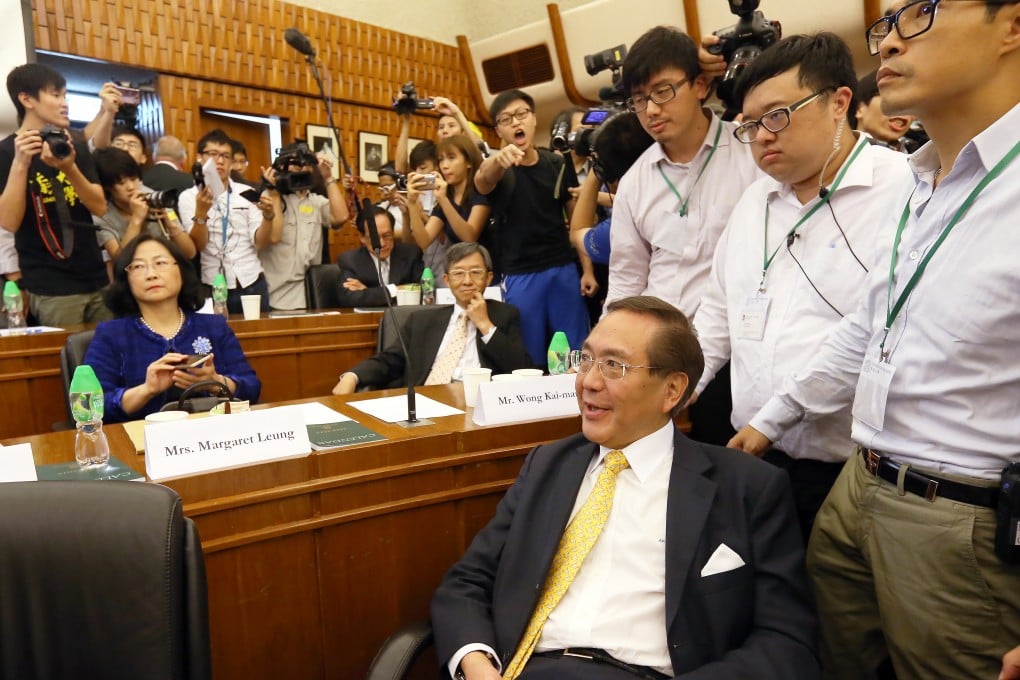History shows you can't stop Hong Kong students growing radical
OPINION: Parents and educators have to come to terms with the fact that today's young people are unlike those of previous generations in that they won't be reined in by mere rules

Are students becoming more radical? It was a question some people were asking last week after a group of University of Hong Kong students stormed a university council meeting about the controversial appointment of liberal scholar Johannes Chan Man-mun as a pro-vice chancellor.
A student leader claimed they took the unprecedented action out of frustration with an unjust system. But after the incident, some voiced concern that the mayhem would taint the century-old institution's reputation.
Later in the week, hundreds of students in Taipei gathered outside the education ministry to mourn the suicide of 20-year-old former student Lin Kuan-hua, who had earlier joined protests opposed to contentious changes to high school textbooks. The students grew increasingly vocal and eventually forced their way into the ministry building, blocking the main doors with chairs, tables and filing cabinets to prevent police from entering. This resulted in 33 arrests.
Like everyone else in society, university students are expected to abide by the law. Disrupting a formal meeting clearly borders on being an uncivilised act. What needs to be asked, however, is why students have resorted to such measures.
The HKU student protests had the support of author Ben Mak Ka-lung, a once outspoken figure in the textbook publishing industry, who was a keynote speaker at the recent Hong Kong Book Fair. "They are fighting for what they think is right," he says.
In Mak's view, today's students are no more radical than their counterparts in China nearly a century ago.
He cites the historic May Fourth Movement of 1919, when thousands of university students took to the streets in protest against foreign nations' encroachment on China's sovereignty. They even burned the residence of the Chinese official whom they accused of collaborating with the Japanese.